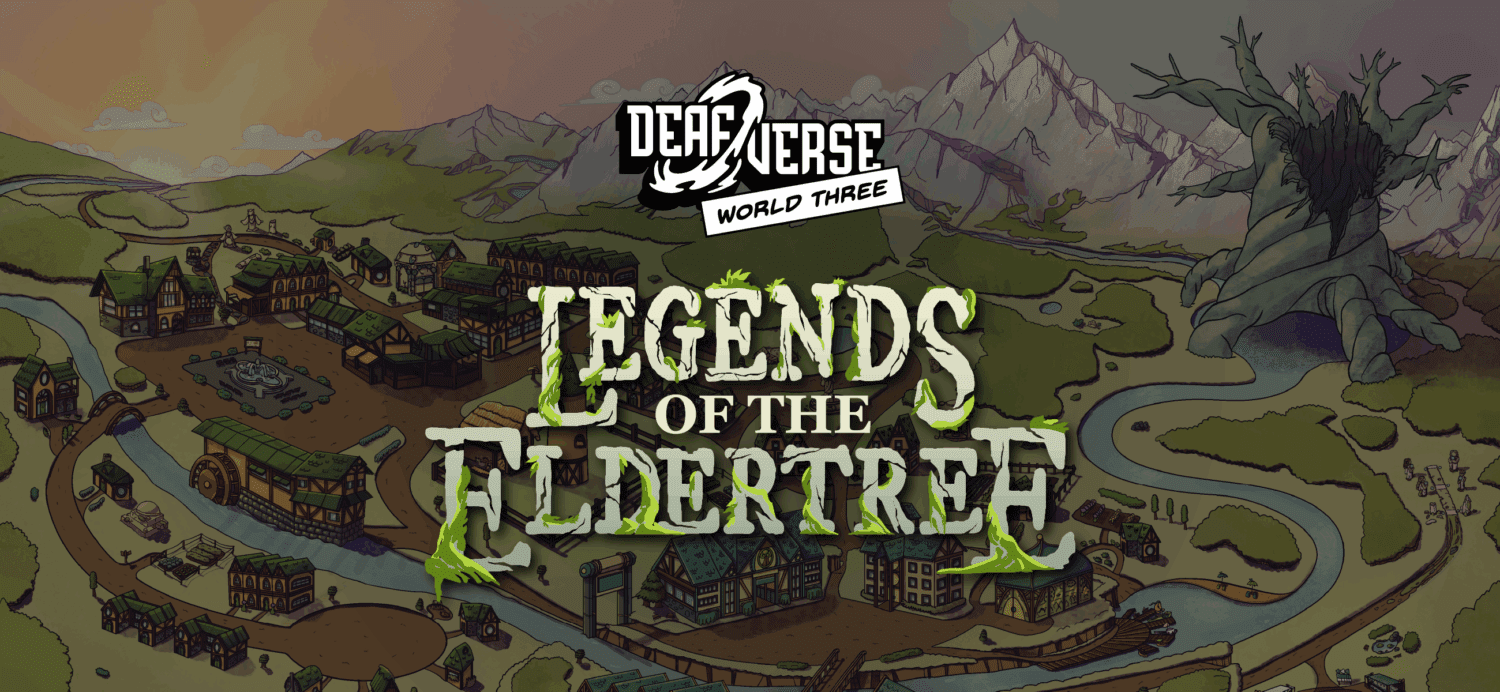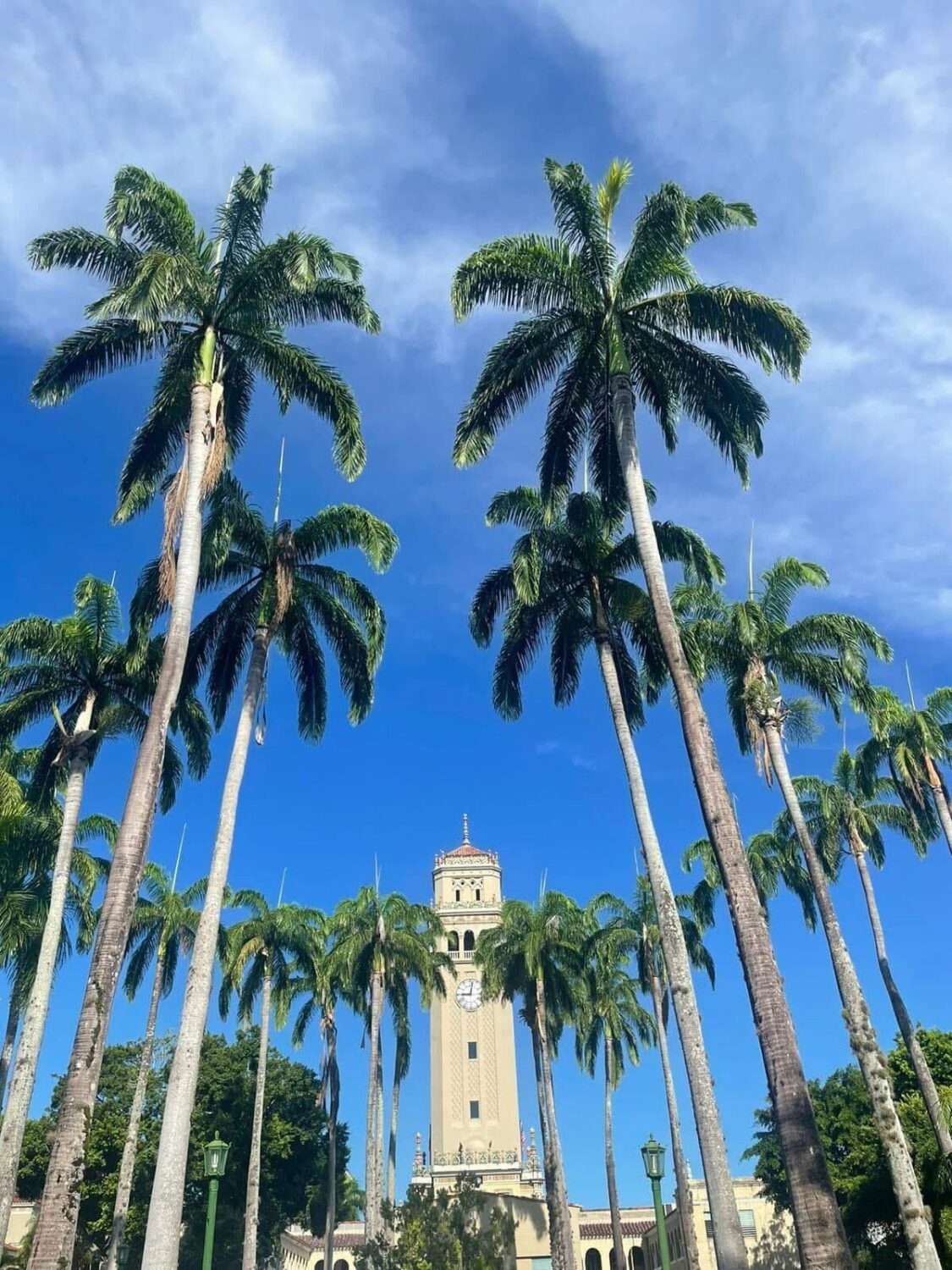For deaf youth, summer camps bring opportunities to build relationships and strengthen skills for future endeavors. Whether they are day camps focused on coding, virtual programs in the arts, or overnight outdoor adventures, research shows that summer programs can have a significant positive impact on the lives of deaf youth. Summer programs also contribute to a wide range of outcomes such as isolation reduction, strengthening of social skills, and opportunities to connect with deaf peers and role models.
In an effort to increase the opportunities for summer camps for deaf youth, the National Deaf Center has collated a collection of evidence-based resources and a series of videos wherein deaf youth share their experiences with summer camps. In 2020-21, NDC also supported camp directors and coordinators through a work group structure, providing connections and ways to share resources. Topics commonly discussed included how to form agency and community partnerships, find funding, plan engaging camp activities, recruit students, and hire and train quality staff. Following the conclusion of the work group, three participating summer camp leaders collaborated with NDC staff to facilitate a discussion and share information at the 2022 NAD conference. Each leader stressed the importance of camps being deaf centered. Here are three main takeaways:
Planning Your Camps
Full Video Description: https://tinyurl.com/4s5r7fkm
Russ Goddard shared an important approach that Pennsylvania’s DHH Summer Academy used for program development.
“We had focus groups that pulled about four to five successful young deaf adults. I asked them to look back at their high school experience and think about what they wish they knew then that would have helped them in college.”
Russ Goddard, Statewide Coordinator for the Deaf
Pennsylvania Office of Vocational Rehabilitation
Camp: Pennsylvania’s Summer Academy for High School Students who are Deaf or Hard of Hearing
“Our curriculum was developed by having focus groups, which consisted of about 4 to 5 successful young deaf adults. We brought them together for a meeting and I asked them all the same question.
Looking back to high school memories, what do you wish you had known then that would have helped you in college? The participants began sharing important key components. Advocacy was huge. Confidence was also critical. Knowledge and understanding on how to get interpreters, how to get CART services, how to get an FM system.
Lack of awareness or unfamiliarity with laws about their rights. We then took these responses and started developing a curriculum for the summer program.
Traci Branch, Statewide Transition Specialist for Deaf & Hard of Hearing
Virginia Department for Aging and Rehabilitative Services (DARS)
Camp: Map Your Future
“We had conducted in-depth research and had team meetings. From there, we developed the program. We did not develop the program first and bring in the students after. Instead, we brought in the students first and got to know them better afterwards. We tailored the program based on their own interests, their needs, and met them where they are in their progress.”
Choosing Your Camp Activities
Full Video Description: https://tinyurl.com/5x7m5xyp
Randall Smith, from Camp Taloali, also helped NAD conference participants see how student input shapes Camp Taloali.
“Our first question is do the students feel belonging in our camp? We have to listen to them. We need to be receptive to what they share about their experiences, their memories, and allow them to teach us how to improve the camp for the future generations.”
Traci Branch, Statewide Transition Specialist for Deaf & Hard of Hearing
Virginia Department for Aging and Rehabilitative Services (DARS)
Camp: Map Your Future
“We need to make sure that camp is fun. We tend to focus on work because the funding we receive has a condition, which is that we must have activities that are related to work experience. We couldn’t provide certain activities such as fly fishing or archery. We added activities that are more of a learning experience. For instance, we cover things that have to do with self-confidence, finances, how to obtain an apartment and so on.”
Randall Smith, Camp Administrator
Camp: Camp Taloali
“For years now, our Camp Taloali has set up what we call the challenge course. It brings a variety of deaf students, all with different backgrounds, school types and educational backgrounds together in one place. It’s their first activity at camp, and they have a chance to meet each other for the first time, interact with each other and work together on the challenge course. The course requires teamwork, communication development and strategies to work together to overcome obstacles to keep moving forward.
Of course, this experience gives them the opportunity to work together and communicate with one another to reach success. This experience helps motivate and give confidence to the students to continue overcoming whatever challenges they may face in the future.”
Role Models in Camp Staff is Important
Centering deaf youth was also a message echoed by Traci Branch from Map Your Future.
Traci explained, “We do not develop the program first and bring in the students. We bring in the students first and get to know them better. Afterwards, we would tailor the program based on their own interests, their needs and where they are in their progress.”
Traci Branch, Statewide Transition Specialist for Deaf & Hard of Hearing
Virginia Department for Aging and Rehabilitative Services (DARS)
Camp: Map Your Future
“Our students come from a range of different backgrounds. The students tend to discover that they have some things in common when they share their stories. They learn from each other. It’s really a beautiful experience to witness that. Another thing that really inspires the students is the staff themselves and their experiences regarding their deafness. We have some staff who are deaf. Some may be hard of hearing, some may not sign fluently, and some are also hearing who may be a CODA.
The stories and experiences that are shared through camp are great for the students to look up to as their deaf and hard of hearing role models and recognize varied perspectives when they leave the camp. I also would like to share another neat thing that we have done, which is how we would include the students from last year’s program to be part of the planning for this year’s program.
We have noticed that it increased their self-confidence because, as NDC has mentioned, deaf people often do not get the social experiences, since there aren’t that many opportunities for summer camps and leadership opportunities are rare.”
Camps Across America
Summer camps are an important activity for state agencies and communities across the country. Deaf youth benefit not only from the curriculum, but also from interactions with their peers and role models.
NDC has created a spreadsheet with a list of camps across the country—but we need your help to grow this list! If you know of any camps for deaf students that is not on this list, fill out the form linked below and let us know.









